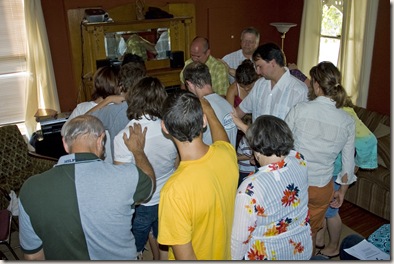Christians are now asking themselves curious questions about something called the "world." Should they revile it as their fathers did? Should they renounce it as monks do? Should they love it as it loves itself? Should they enter into dialogue with it, as the Pope has dialogues with all kinds of people not excluding Russians? Or, in the long run, should they frankly admit that they are part of the world and start from there? What is this world? Does it exist at all?
We must begin by frankly admitting that the first place in which to go looking for the world is not outside us but in ourselves. We are the world. In the deepest ground of our being we remain in metaphysical contact with the whole of that creation in which we are only small parts. Through our senses and our mind, our loves, needs, and desires, we are implicated, without possibility of evasion, in this world of matter and of [human beings], of things and of persons, which not only affect us and change our lives but are also affected and changed by us. From the moment we sit down at the table and put a piece of bread in our mouths, we see that we are in the world and cannot be otherwise than in it, until the day we die. The question, then, is not to speculate about how we are to contact the world-as if we were somehow in outer space-but how to validate our relationship, give it a fully honest and human significance, and make it truly productive and worthwhile for our world.
Thomas Merton. Love and Living. Naomi Burton Stone and Brother Patrick Hart, editors. New York, Farrar, Straus & Giroux, 1979: 106.



